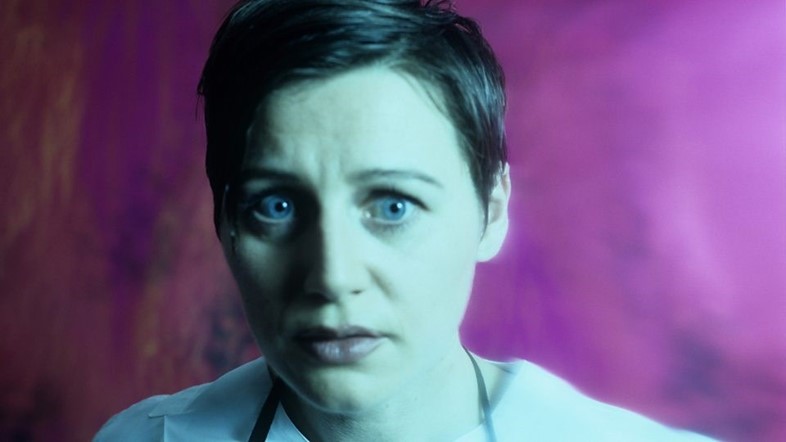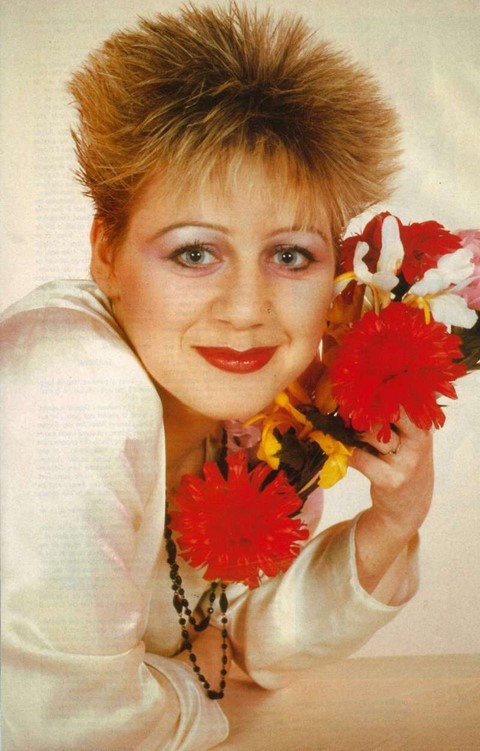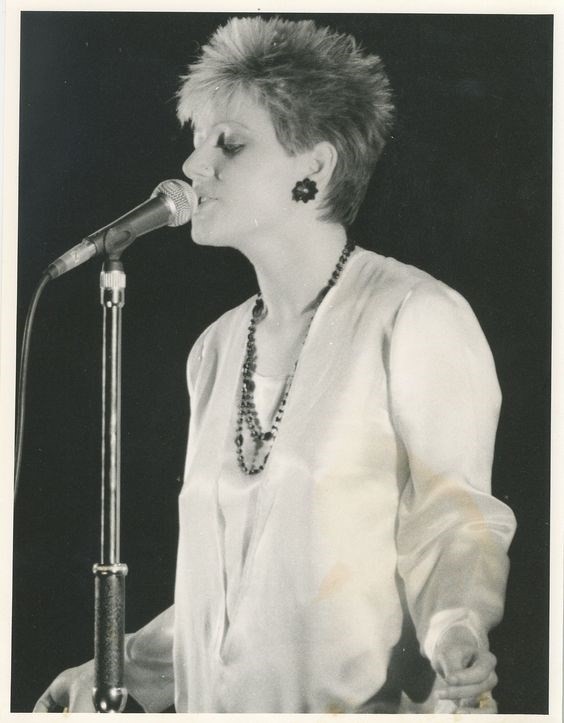Elizabeth Fraser of Cocteau Twins turns 54 today; we take a moment to appreciate her unique talent in music and style alike
“Singing of a famous street, I want to love, I’ve all the wrong glory. Might just been heaven or Las Vegas. But you’re much more brighter than the sun is to me.” This excerpt, taken from the chorus of dream-pop trio Cocteau Twins’ 1990 single Heaven or Las Vegas, might seem unfamiliar when written out verbatim, but hearing these words delivered by the group’s lead singer Elizabeth Fraser is like listening to the glossolalia warbled by a chorus of celestial beings.
The Scottish band was founded in 1979 by guitarist Robin Guthrie and bassist Will Heggie, who, upon spotting her dancing alone in a club, asked a 17-year-old Fraser to join them as lead vocalist. At that moment she had no singing experience whatsoever, yet, by the time Cocteau Twins disbanded in 1998, Madonna and Prince were avid worshippers at their musical altar. On the occasion of her 54th birthday, we take a moment to show our appreciation for Fraser, an AnOther woman in both talent and style.

Defining Features
Fraser’s face, with its perpetually melancholy expression, has always seemed well-matched to her lyrical delivery. Her style is singular: during her 18 years as part of Cocteau Twins, Fraser’s cropped hair evolved from Annie Lennox-esque spikes, to a curtain of romantic, tumbling curls.
On stage she favoured romantic clothes in soft, Laura Ashley-esque shapes and neutral colour palettes, which she mixed and matched with boxy androgynous suits, oversized knitwear, and voluminous trousers that emphasised her slight frame. Accessories were key to her performance looks too; she was rarely seen without earrings, and in the 1984 video for Song to The Siren, a haunting cover of Tim Buckley’s 1970 hit by 4AD house-band This Mortal Coil, she wears a delicate silver nose stud with a rust-coloured drop-waist dress, as she floats through a heap of autumnal leaves.
Seminal Moments
Fraser and the Cocteau Twins hailed from Grangemouth, near Falkirk, and drew inspiration from their Gaelic heritage, particularly in their use of the Puirt à beul style of mouth-singing native to Scotland and Ireland. Fraser was notoriously unsure of herself when it came to writing lyrics; she is widely quoted as explaining that “the words don’t make sense until I sing them,” which won her a reputation as a musician who dealt in the sublime – she was even being referred to as “the voice of God” by some.
In their formative years the trio cited Siouxsie and the Banshees, the Sex Pistols and Kate Bush as musical influences, but it wasn’t until the mid-1980s, when the band signed with 4AD and Capitol Records and their fifth studio album Blue Bell Knoll was released, that they received mainstream recognition and critical acclaim themselves. 1990 release Heaven or Las Vegas brought the band commercial success – but it came with a price. The band’s seventh LP, Four-Calendar Café, was made in response to Guthrie and Fraser’s tumultous long-term relationship, during which the singer had a nervous breakdown. When the band split, citing irreconcilable differences between the ex-lovers, Fraser went on to embark on her solo career, providing vocals for Massive Attack’s Teardrop, dedicated to her friend, the late Jeff Buckley.
Fraser remains a notoriously private person, but in July this year the singer made a rare appearance at the Royal Albert Hall, from which show proceeds were donated to LGBT charity Stonewall. Tickets sold out just seven minutes after they went on sale; a testament her enduring legacy.

She’s an AnOther Woman Because...
With an unrivalled vocal ability, Elizabeth Fraser possesses the power to reduce grown men working as music journalists for NME to tears – and yet throughout her career she has remained deeply modest about her sublime talent, exuding a relatable vulnerability in her songwriting. “I wasn’t convinced that I was any good. And the more I was asked questions about what I was doing, the more afraid I was,” she said during an interview in 1995. To assist in overcoming her self-doubt, she turned to poetry and music: “It came out in the lyrics, it came out in the performance. It still does, but it’s where I learnt my social skills, where I do my experimenting for life.”
